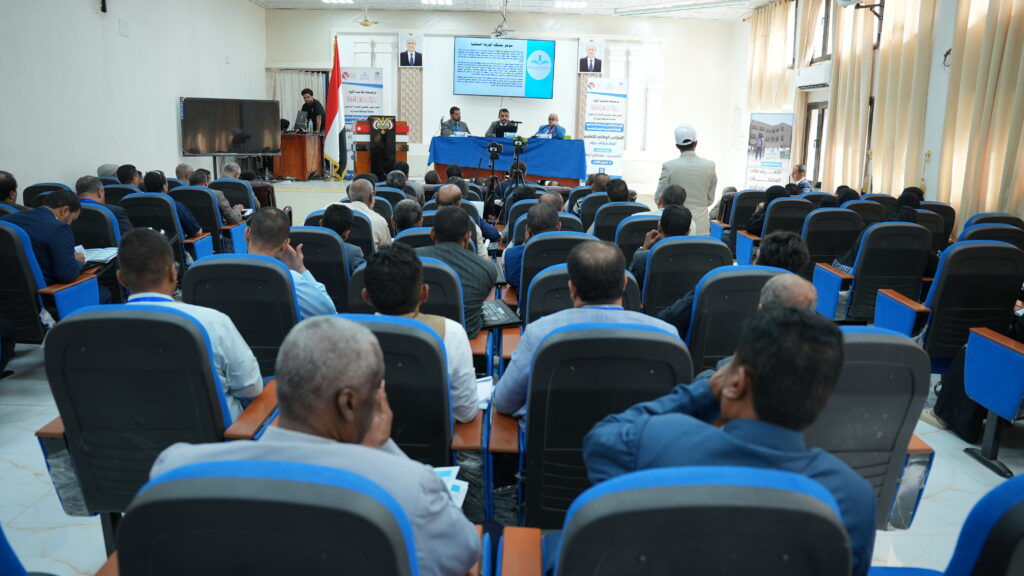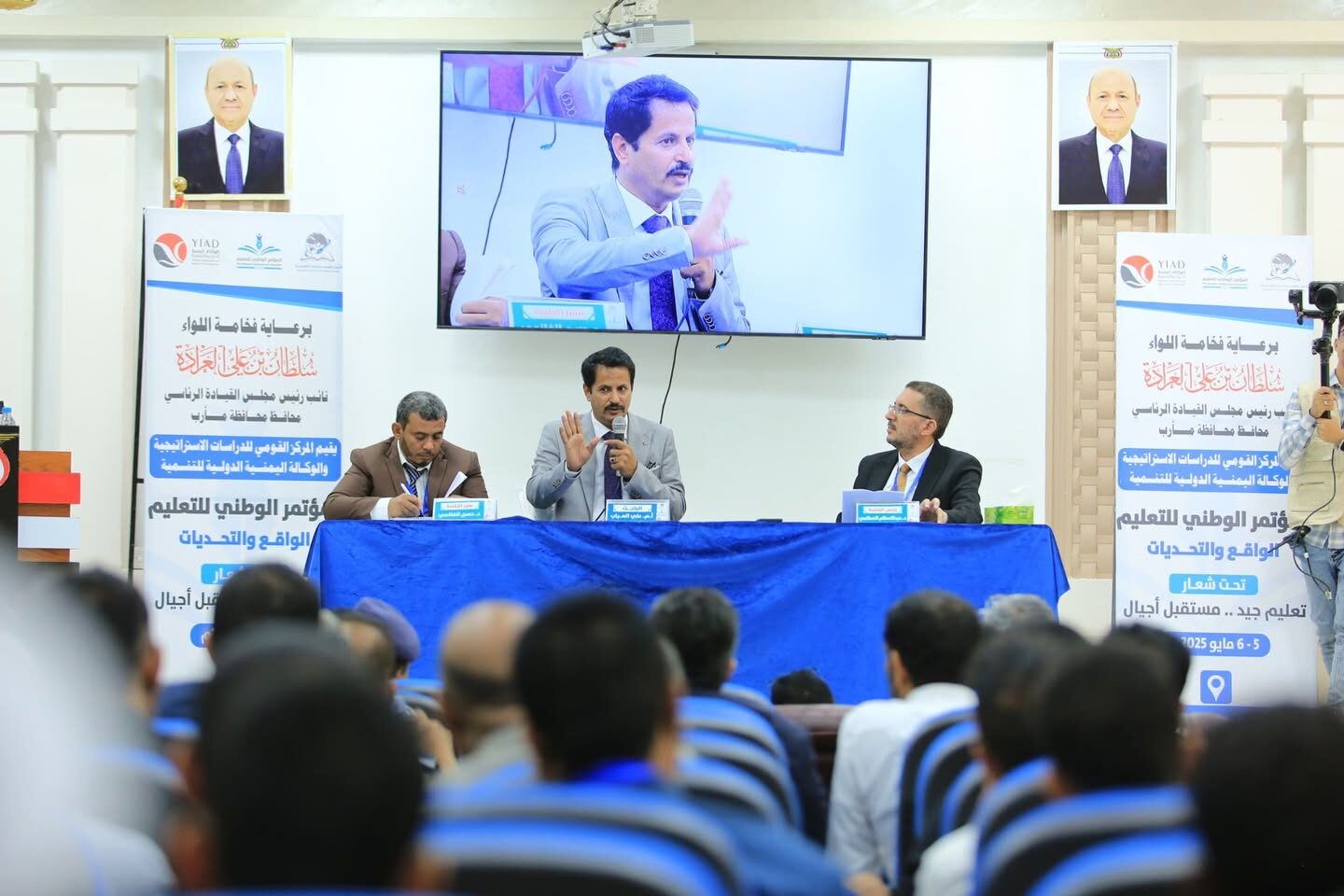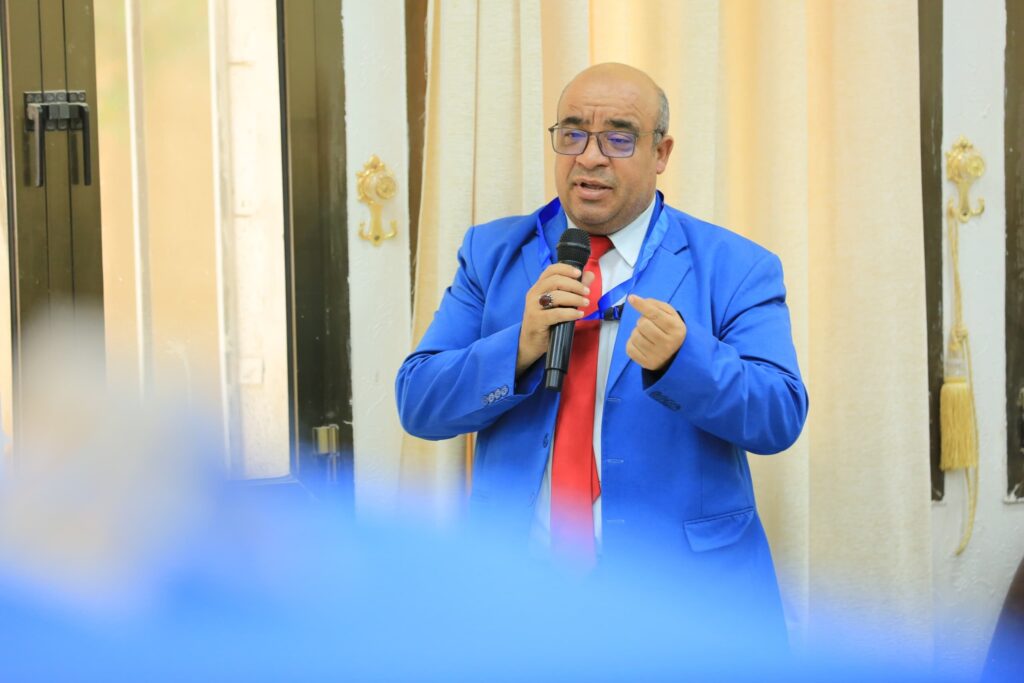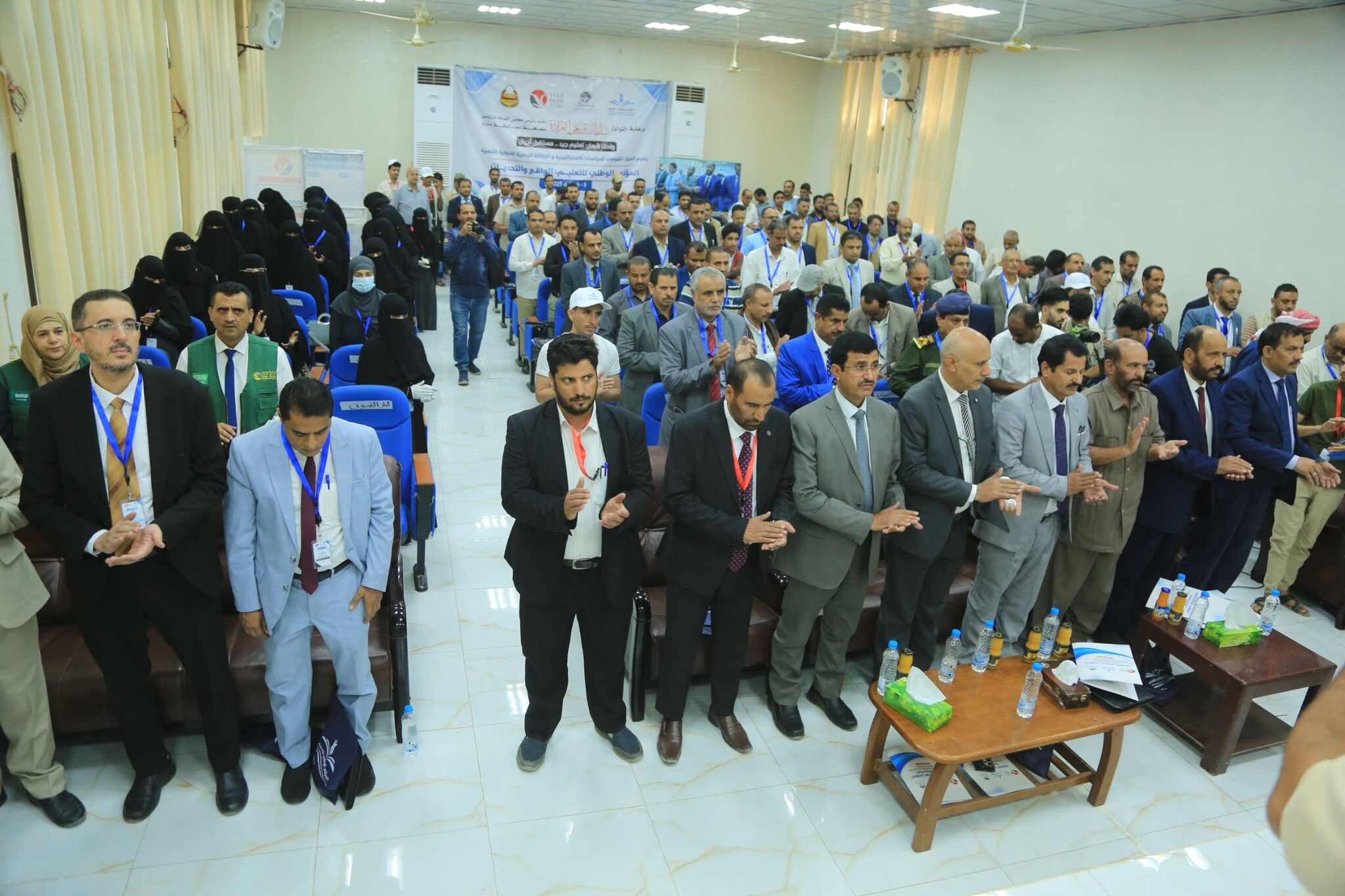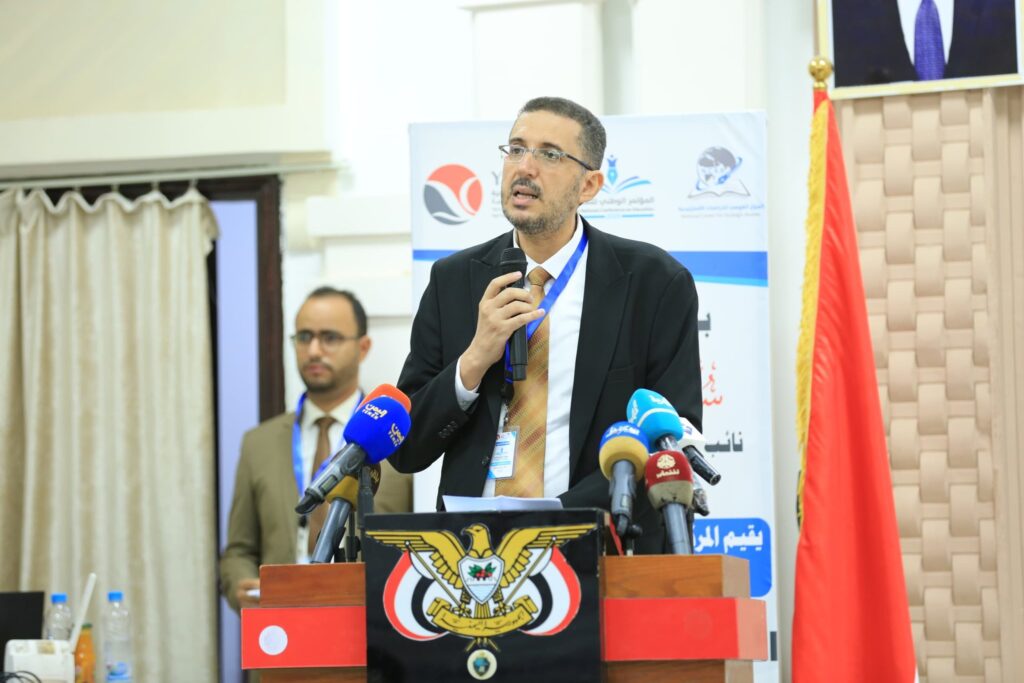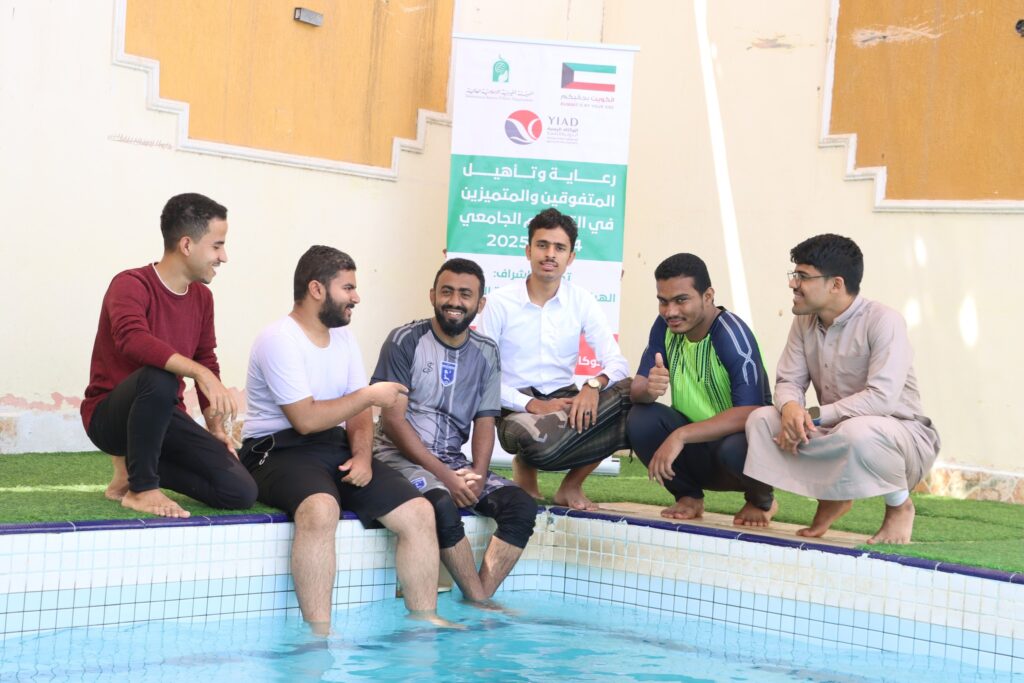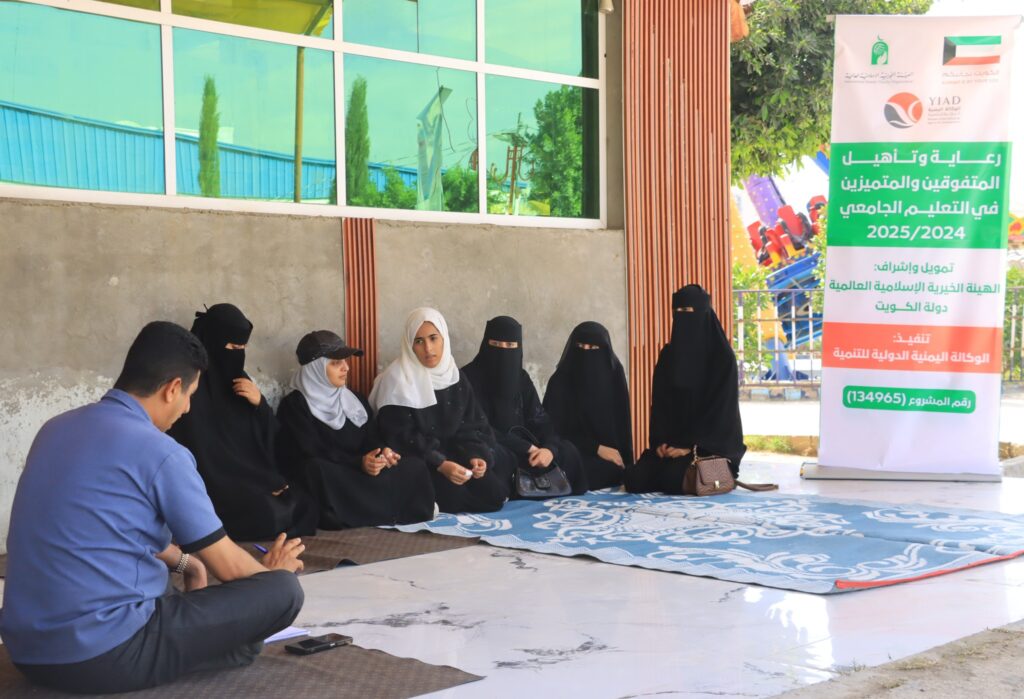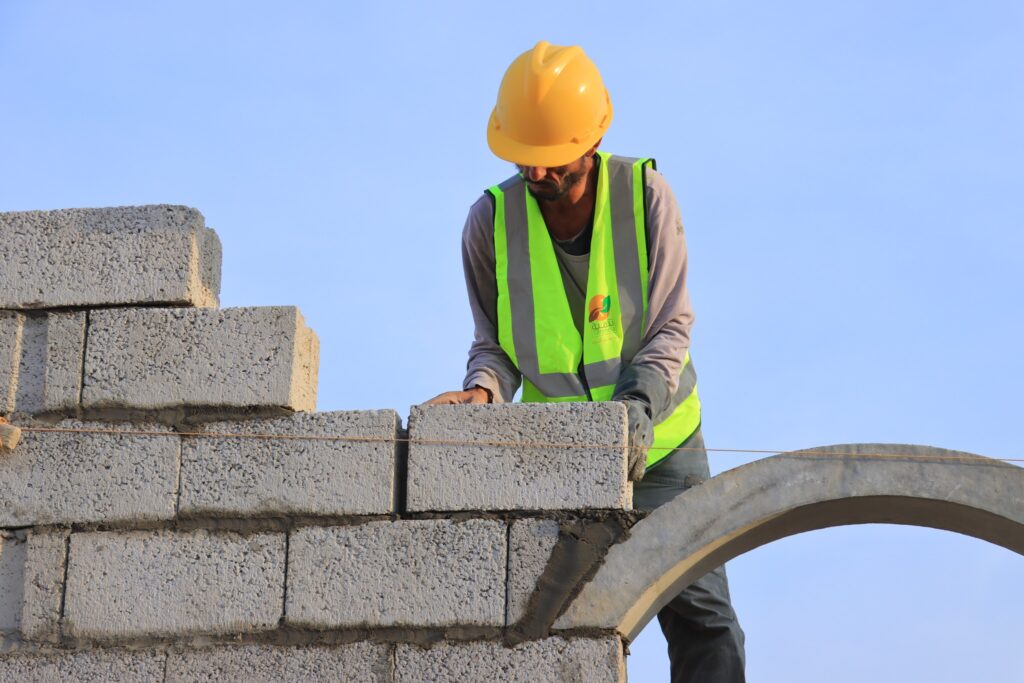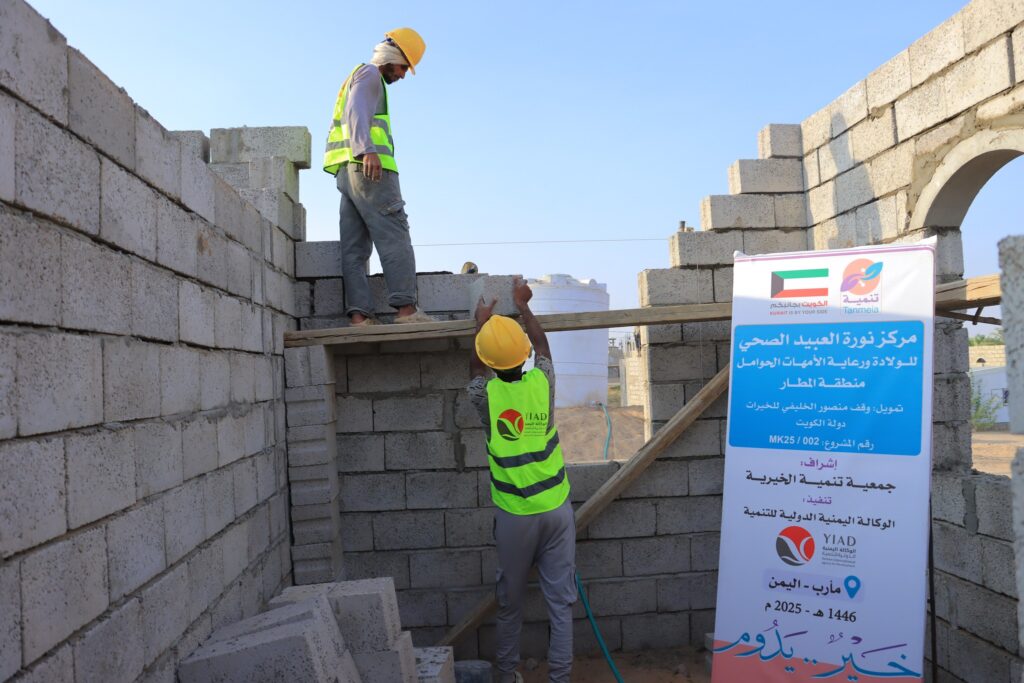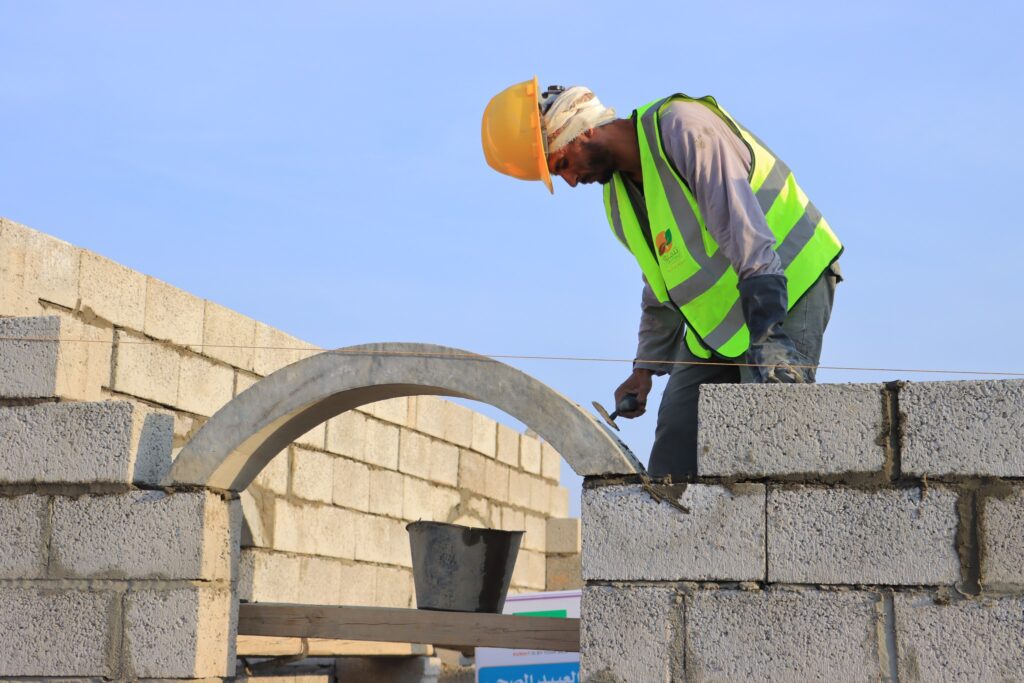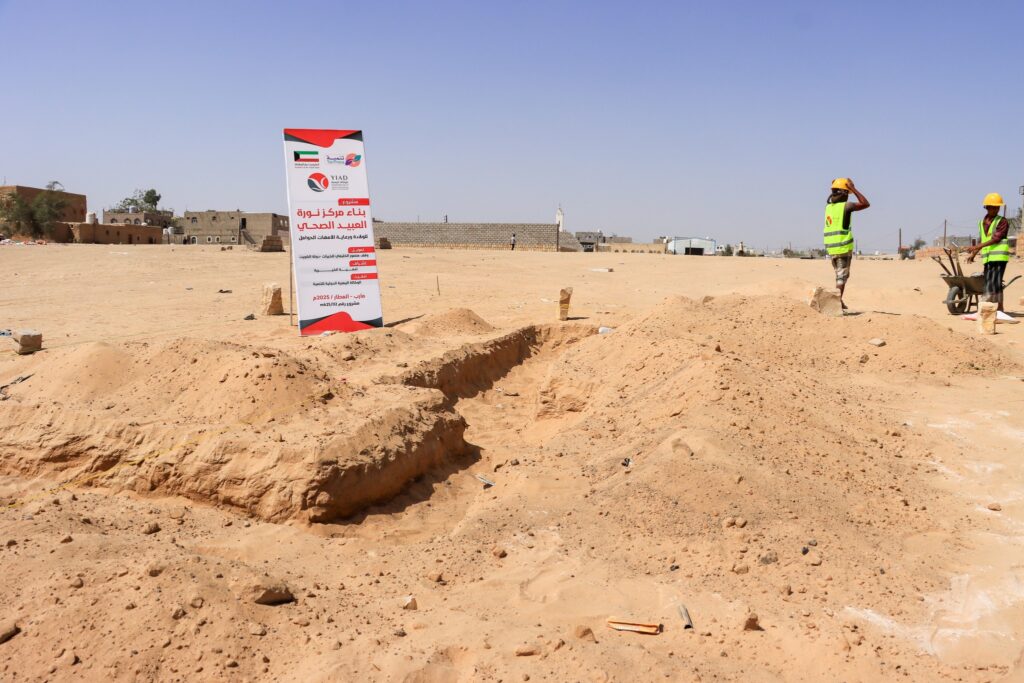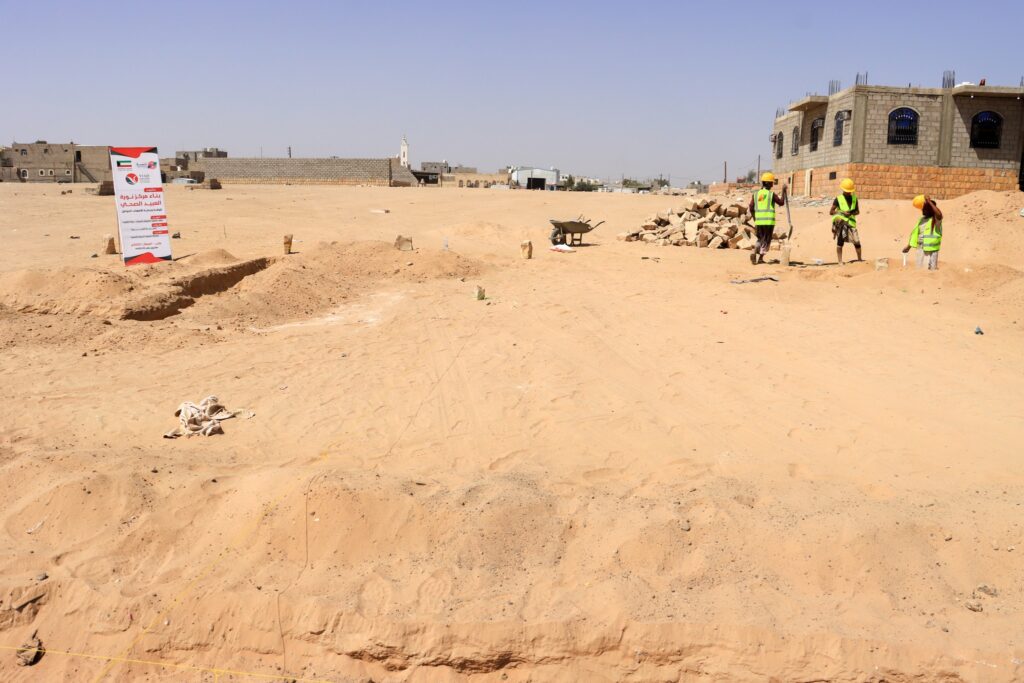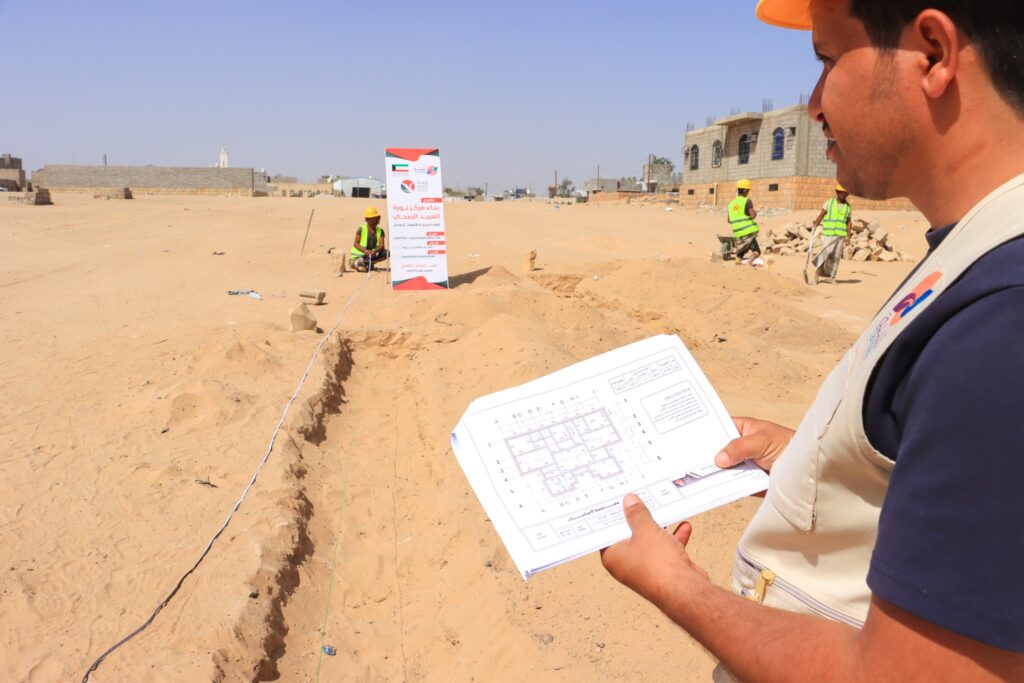Second Session of the National Education Conference Discusses the Impact of War on Education and Its Psychological and Societal Repercussions
The National Conference on Education – Reality and Challenges, continued its activities on its first day in the city of Marib. The second session was dedicated to discussing the impact of the war on the education sector in Yemen, with the participation of a group of researchers and specialists in education and human rights issues.
The session began with an intervention by Mr. Fahmi Al-Zubairi, Director General of the Human Rights Office in the Capital Secretariat, who presented a comprehensive overview of the challenges facing education during the war. He also reviewed the most prominent violations affecting students and teachers, along with proposed solutions to help reduce the sector’s deterioration.
Dr. Jamil Mohammed Ahmed Al-Hosaini, Associate Professor at the University of Taiz, addressed the issue of student dropout as a result of the war. He warned of its long-term social and economic consequences and called for urgent interventions to contain this escalating phenomenon.
In the same context, Dr. Mohammed Al-Azaki, Head of the Union of Unappointed Yemeni Academics, presented a research paper on the challenges of updating educational curricula in Yemen. He highlighted the gap between the current situation and the future visions for developing educational content and curricula.
Mr. Abdullah Al-Mash, Head of Planning and Programs at the National Center for Strategic Studies, focused on the deep psychological effects of war on general education students. He stressed the need for specialized psychological and educational support programs that take these effects into account and help reduce their impact on the educational environment.
This session provided rich insights and deep analysis that contribute to a broader understanding of the consequences of war on education and opened the door for discussing applicable solutions to restore the educational path and ensure a safe and stable learning environment for all students in Yemen.



